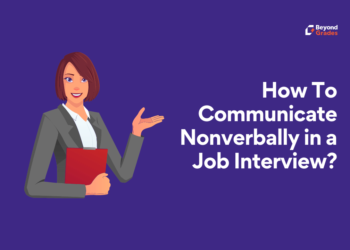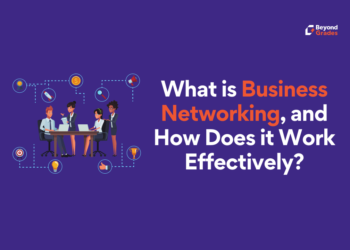[ad_1]
The sudden emergence of video conferencing took place in 2020 after COVID-19 as it was the requirement and necessity of time to run businesses. Nowadays, video conferencing plays a vast in running businesses. But if you see now, video conferencing or virtual meetings beat the traditional way of in-persons meetings in every sector. Virtual meetings are now standards for employees working from home, whether a full-time or part-time job.
Somewhere we all are camera shy right? But now, we adopted courage from video conferencing in our lifestyles. People now prefer video or audio conferencing meetings instead of in-person meetings. Video conferencing has its own benefits in many ways like its cost-effective, you can plan or attend a meeting from anywhere, you can understand or clear doubts in a more interactive way, other teammates can put suggestions or issues in chat box without interruption last but not the least it takes less time usual than an in-person meeting.

Like a coin, video conferencing has two different sides; along with numerous benefits, many things need to be taken care of in video conferencing meetings. Meetings are a must, whether you love them or hate them, whether you have a full-time or part-time job. In the workplace, you have opportunities to see co-workers, which helps to stay connected with work.
Still, in digital art of work, the only way to stay connected is daily 15 minutes, call audio or video as per the requirement to stay engaged. Online video conferencing applications like Zoom, Microsoft Teams, Skype, and Google Meet are great tools that enable work at home to virtually meet with teammates and clients. It also allows quick decision-making in real-time, and it makes professional collaboration easier to balance work-life balance. Yes, online tools are great until they are not creating any issue professionally.
1. Video gaffes
If you are in a room filled with a group of people and attending video conferencing, don’t forget that you are in an office meeting. Have some respect for your clients and co-workers. Try to avoid a group of people in the same room and meetings at public places. It is essential to switch off your camera (if possible) and microphone (when not required). It is crucial to take care of the tone and language you speak; if your tongue slipped, you might lose your job.
2. Family issues
It is better to attend any video conference meeting alone with well lit. There are many cases where a child or wife of one of the employees in the middle of a meeting asks for lunch or other stuff. Make sure your family knows your work-from-home ground rules to maintain professionalism.
3. Pet issues
Who doesn’t love animals? We have seen many people adopted pets for a healthy time. But what about pets moving around in video conferences? It is essential to have a separate room for meetings and conferences as we can’t control the actions of animals, so it is better to move aside from professional work.
4. Screen sharing snafus
What to do? It is crucial to check the connectivity and device setup before any professional meeting. It is more critical to share your screen for a spreadsheet of your weekly work with your colleagues and boss. Do test your connection with your friend or family member before any meeting and always open the spreadsheets and work drive which needs to be shared in the meeting. Try to avoid or delete previous history and recent tabs from your system.
5. Chat and dress etiquettes
How comfortable are you in virtual conferences? So how you dress up? Almost everyone wears a formal shirt with boxers or pajamas, right! But is it essential to dress appropriately for a meeting because you never know when you need to stand up for anything? How comfortable are you in using slang in meetings? But you think it’s inappropriate to use such language in a professional meeting. So try to use proper language with good common sense.
6. Focus
Sometimes virtual meetings might get boring. Maintain a focus on the screen is challenging but essential at the same time. It is crucial to pay attention to each speaker because you never know when your boss starts asking questions about the whole meeting.
[ad_2]
Source link









